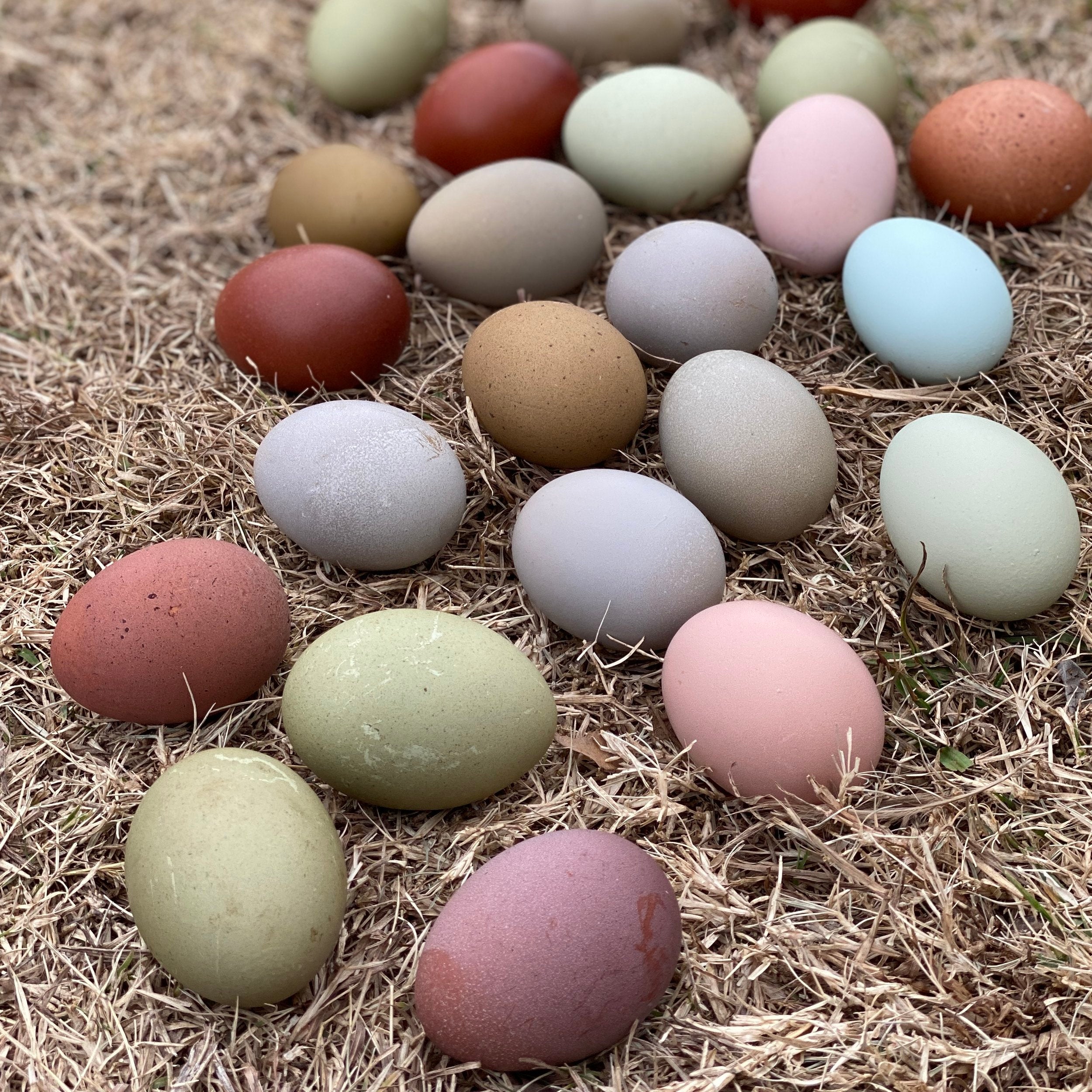Hatching your own chicken eggs can be a fun and rewarding experience, but it does require some careful preparation and attention to detail. In this post, we'll cover some best practices for hatching eggs, along with some information on our buff Orpington, light Sussex, and hybrid layer hatching eggs.
-
Choose the Right Eggs: Choosing the right eggs is key to a successful hatch. Look for eggs that are free from cracks, deformities, and abnormalities. It's also important to choose eggs that are fertile and from a reliable source. Our buff Orpington, light Sussex, and hybrid layer hatching eggs are all carefully selected for quality and fertility.
-
Set Up Your Incubator: Before you start incubating your eggs, you'll need to set up your incubator. Make sure it's clean and in good working order. Follow the manufacturer's instructions for temperature and humidity settings. You'll also need to turn the eggs regularly, so make sure you have an automatic egg turner or plan to turn the eggs by hand at least three times a day.
-
Incubate Your Eggs: Once your incubator is set up, it's time to start incubating your eggs! It's important to maintain the correct temperature and humidity throughout the incubation period. The ideal temperature for hatching chicken eggs is around 99.5-100 degrees Fahrenheit, and the ideal humidity is around 50-55%. You can use a hygrometer and thermometer to monitor the temperature and humidity.
-
Candling the Eggs: Around day 7, you can candle the eggs to check for development. Candling is the process of shining a bright light through the egg to see if the embryo is developing. A developing egg will show veins and a dark spot in the center. Discard any eggs that show no signs of development.
-
Hatching Your Chicks: After around 21 days, your chicks will start to hatch! It's important to resist the urge to help them out of the shell. Chicks need to struggle to hatch in order to build strength and develop properly. Once the chicks have hatched, leave them in the incubator for around 24 hours to dry off and rest. Then, you can move them to a brooder.
In conclusion, hatching your own chicken eggs can be a wonderful experience, but it does require some preparation and care. By choosing high-quality, fertile eggs and carefully monitoring temperature and humidity, you can increase your chances of a successful hatch. If you're interested in hatching buff Orpington, light Sussex, or hybrid layer eggs, be sure to check out our selection! We take great care in selecting only the best eggs for hatching, so you can feel confident in your purchase.
References:
- Bahr, C., & Van Tatenhove, A. (2019). The Chicken Chick's Guide to Backyard Chickens. Page Street Publishing.
- Burke, S. (2017). Raising Chickens: Answers to the Most Common Questions About Chicken Care, Feeding and Egg Laying. Independently Published.
- Okimoto, R., & Nakauchi, Y. (2019). Poultry Science, 98(4), 1586-1592.

0 comments